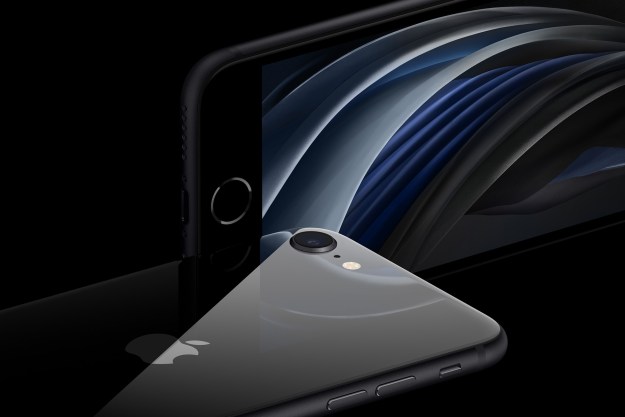 Back in July, Google attempted to launch a version of its Google Voice service for the iPhone…but the program never made it to the iTunes App Store—a move which quickly prompted in inquiry from the Federal Communications Commission asking Apple, AT&T, and Google what exactly transpired. The companies all responseed, with Apple indicating it had not rejected the Google Voice application, but merely hadn’t approved it over concerns it would alter the iPhones primary mobile phone functionality. Google’s response to the FCC was due at the same time as Apple’s and AT&T’s, but part of the statement had been redacted at Google’s request. Now Google has dropped its request for confidentiality, and the company’s response to the FCC contradicts Apple: according to Google (PDF), its Google Voice app for the iPhone was flat-out rejected by Cupertino.
Back in July, Google attempted to launch a version of its Google Voice service for the iPhone…but the program never made it to the iTunes App Store—a move which quickly prompted in inquiry from the Federal Communications Commission asking Apple, AT&T, and Google what exactly transpired. The companies all responseed, with Apple indicating it had not rejected the Google Voice application, but merely hadn’t approved it over concerns it would alter the iPhones primary mobile phone functionality. Google’s response to the FCC was due at the same time as Apple’s and AT&T’s, but part of the statement had been redacted at Google’s request. Now Google has dropped its request for confidentiality, and the company’s response to the FCC contradicts Apple: according to Google (PDF), its Google Voice app for the iPhone was flat-out rejected by Cupertino.
“Apple representatives informed Google that the Google Voice application was rejected because Apple believed the Application duplicated the core dialer functionality of the iPhone,” Google informed the FCC. Google also indicated Apple had rejected a Google Latitude application due to concerns it would create user confusion in regard to the iPhone’s built-in mapping feature (which is based on Google Maps), but that Apple had approved Google Earth and Google Mobile applications.
Google says Apple’s VP of Worldwide Product Marketing Phil Schiller was the primary point of contact at Apple with regard to the Google Voice application, and Schiller informed Google senior engineering and research VP Alan Eustace on July 7 that Apple was rejecting the application.
At the time of the rejection, speculation centered on AT&T as a possible cause for the rejection, since the company has been famously skittish about overloading its mobile networks with data-intensive mobile applications. In its response to the FCC, AT&T indicated it played no role in accepting or rejecting Google Voice for iPhone.
The FCC’s concerns regarding the rejection of Google Voice—and other applications that tap into Google Voice services—stem from questions of monopolistic abused. If Apple and AT&T were using the iPhone application approval process as a way to block competing services from being used on the iPhone, the companies could run afoul of antitrust regulation.
Editors' Recommendations
- Stop! Don’t buy this iPad at Best Buy today
- How to transfer photos from an iPhone to a computer
- Best Apple deals: Save on AirPods, Apple Watch, iPad, MacBook
- I can’t wait for Nothing to launch this stunning phone
- How to find your phone number on iPhone or Android

